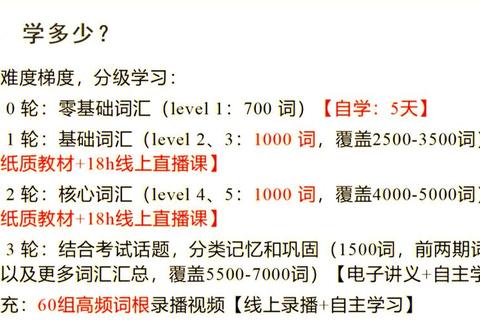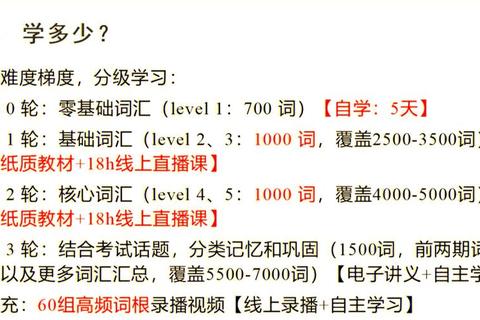In the realm of English language proficiency exams, targeted practice with high-frequency questions has long been regarded as a cornerstone of effective preparation. For learners aiming to maximize their scores, identifying and mastering the most recurrently tested topics and question types can dramatically enhance both confidence and performance.
The Strategic Value of High-Frequency Exam Questions

Repeated exposure to真题 (past exam questions) offers candidates unparalleled insights into examination patterns, question structures, and common pitfalls. Educational psychologists emphasize the role of deliberate practice—a concept popularized by Anders Ericsson—in skill mastery. By focusing on真题, learners engage in purposeful repetition, refining their ability to decode complex reading passages, craft coherent essays, and navigate listening exercises with precision.
A well-curated TOP20高频考题清单 (TOP20 High-Frequency Question List) serves as a strategic compass, distilling years of exam data into a focused roadmap. For instance, analyses of recent IELTS and TOEFL exams reveal that opinion-based essay prompts, inference-driven reading questions, and conversational listening scenarios recur with striking consistency. Prioritizing these areas allows candidates to allocate study time efficiently, avoiding the scattergun approach that often leads to burnout.
Criteria for Selecting the TOP20 High-Frequency Questions

The creation of a credible TOP20 list demands rigorous methodology. Factors include:
1. Historical Exam Data: Aggregating questions from the past 5–10 years to identify recurring themes.
2. Candidate Feedback: Incorporating input from high-achieving test-takers via surveys or forums.
3. Expert Analysis: Leveraging insights from examiners and curriculum designers to pinpoint "trap" questions designed to test nuanced understanding.
4. Adaptability: Ensuring the list reflects updates in exam formats, such as the growing emphasis on integrated speaking tasks in TOEFL iBT.
For example, a recurring theme in Cambridge English exams involves paraphrasing within reading comprehension—a skill that often challenges non-native speakers. Including such questions in the TOP20清单 ensures candidates practice rephrasing complex sentences, a competency that transcends individual exams.
Optimizing Practice: A Three-Phase Framework
Merely compiling a list is insufficient; strategic implementation determines success. Below is a phased approach:
Phase 1: Diagnostic Assessment
Begin by simulating exam conditions to attempt the TOP20 questions. This baseline assessment highlights strengths and weaknesses, enabling learners to prioritize areas like time management or grammatical accuracy. Tools like error logs can track recurring mistakes, transforming vague anxieties into actionable goals.
Phase 2: Skill-Specific Drills
Deconstruct each question type. For essay writing, practice outlining arguments within 5 minutes; for listening, focus on identifying keywords in dialogues. Incorporate spaced repetition techniques, revisiting challenging questions at increasing intervals to reinforce retention.
Phase 3: Full-Length Simulations
In the final weeks before the exam, integrate TOP20 questions into timed, full-length practice tests. This builds stamina and familiarizes learners with the psychological demands of sustained concentration.
Integrating Theory with Practical Techniques
Research in educational psychology underscores the efficacy of active recall and interleaved practice. Active recall—self-testing without notes—strengthens long-term memory more effectively than passive review. Interleaving, or mixing different question types within a study session, enhances problem-solving flexibility.
For instance, instead of drilling 20 consecutive reading questions, alternate between reading, listening, and vocabulary exercises. This mirrors the unpredictable nature of actual exams and sharpens cognitive adaptability. Additionally, peer discussions or tutoring sessions can provide external perspectives on tricky questions, uncovering overlooked strategies.
Avoiding Common Pitfalls
Even the most meticulously crafted study plan can falter without awareness of these traps:
Conclusion
A数据驱动的 (data-driven) approach to exam preparation, anchored by a thoughtfully curated TOP20高频考题清单, empowers candidates to transcend generic study habits. By merging insights from educational theory with tactical practice frameworks, learners can approach their exams with the precision of a seasoned strategist. Ultimately, success hinges not on how many hours one studies, but on how intelligently those hours are invested. Let the TOP20清单 be your guide—a distillation of collective wisdom and empirical evidence—propelling you toward your target score with clarity and confidence.


